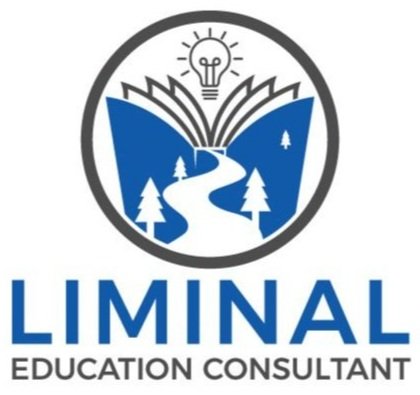The Power of Belief
As I drove into work this morning, I realized that in a foreseeable amount of time (one month from now), a long-term goal that has been one of the biggest challenges I ever set out to achieve will culminate: I will defend my dissertation and have earned my PhD. Though it’s easy to pat myself on the back for realizing a long-held dream, I think it’s important to acknowledge that I didn’t get here alone.
Last January, I met a gentleman who engaged me in a conversation about my dissertation. Though I often expressed uncertainty and doubt about what I was doing and the direction I was working, he said, “I’m sure you do understand this better than you think.” From that point forward, he became my unpaid and ever helpful, dissertation coach. In our short conversation, he expressed more belief in my ability to finish AND belief that I knew what I was doing than others who I consider responsible for guiding me through this process. In subsequent months, he continued to email and talk with me, always asking how the work was coming along, always expressing his certainty in my ability, intellect, and drive to finish. Alas, I will prove him right. And as I stand on the precipice of this achievement, I understand how important his belief, and others, has been in helping me to marshal my own strength and determination to move forward and finish.
We often bemoan the achievement gap as if it were a formidable foe that we can’t conquer. As a former classroom teacher, I understand how daunting it is to have a student who doesn’t attend class on a regular basis, or the student whose skills are so low that as the teacher you are pained by how difficult even a “simple” task can be. Perhaps what is most needed in these moments of self-doubt is the belief that we as educators can help even the seemingly least prepared students. As educators, we must believe that all children can and will learn.
Recently, NPR’s Morning Edition, featured a segment featuring Dean of Curry School of Education at the University of Virginia, Robert Pianta’s work on teacher expectation. Pianta made the point that if teachers believe their students will achieve, this belief permeates a multitude of small interactions that teacher has with those students. This includes such things as how the teacher handles potentially disruptive behaviors, and how he/she responds to students’ questions and classroom contributions. His research reveals that you can’t just talk about belief; rather teachers have to engage in concentrated training to change behaviors. Some of this involves videotaping themselves and viewing with other teachers in order to realize the often subtle ways teachers negatively reinforce behaviors from students they have lower expectations. The result from this intensive training is that teachers realize that BELIEF MATTERS and shapes their behaviors, rather than simply focusing on how students are deficit.
At its foundation, teaching and learning is a shared social activity. It’s important to consider how our own beliefs and ideas about what it means to teach and what is involved in learning to understand how that shapes our behaviors. More importantly, we must consider our beliefs about students in our classroom to order to become more effective at nurturing and sustaining the children within our care.
NOTE: This blog was first posted on the West Wind Education Policy Inc., website on October 12, 2012.
